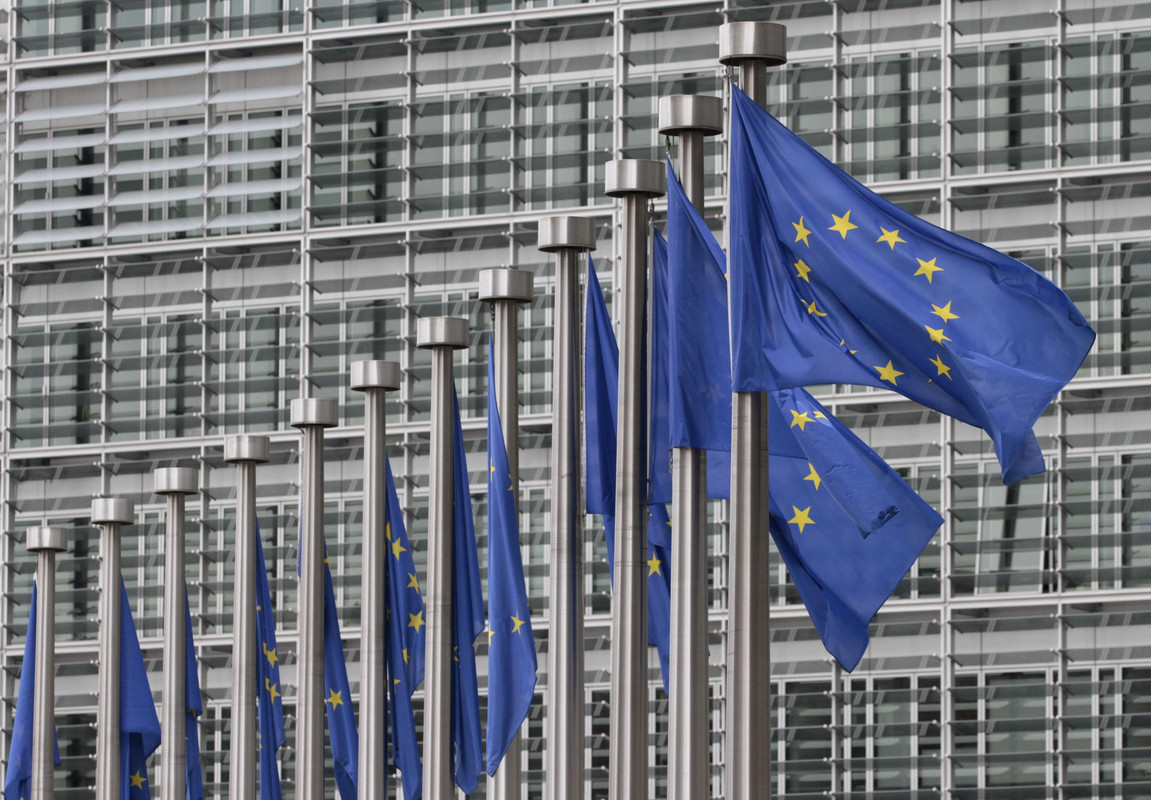As 2022 came to a close, the EU took several steps to take its climate neutral and circular policy agenda forward with new regulations and announcements about future initiatives. Complying with extensive new requirements will undoubtedly raise challenges for any industry; Cycling Industries Europe is helping the cycling industry move ahead of the pack by collaborating to comply with upcoming requirements and shape the future of traceable and circular supply chains.
The agreement on a new Battery Regulation in December 2022 sets out sustainability requirementson carbon footprint, recycled content and performance and durability that will be introduced gradually from 2024 onwards. Companies placing batteries on the EU market will need to comply with Extended Producer Responsibility rules by 2025 and meet increasing battery collection targets for recycling that will reach 73% by 2030.
New rules for Carbon Border Adjustment Mechanism (CBAM) were also approved in December 2022, alongside a revision of the Emissions Trading Scheme (ETS) and the Social Climate Fund (SCF). The CBAM was introduced to protect sectors at risk of carbon leakage such as aluminium and steel, and its scope is likely to be extended to additional raw materials and products when it is reviewed in 2026.
In 2023, the adoption of new rules on handling waste from packaging and the right to repair will also come under heavy focus. The European Commission has proposed rules to prevent packaging waste, boost reuse and refill, and make all packaging recyclable by 2030 – requirements pre-empted by CIE in its industry packaging pledge, that shows the value of industry collaboration to anticipate regulatory requirements.
The Commission will be asked to follow-up on the European Parliament’s right to repair wish-list, which could lead to stricter requirements for the duration of availability of spare parts and the introduction of new durability and repair requirements in a future update of the Ecodesign Directive.
A ‘Critical Raw Materials Act’ is also in the pipeline for 2023 to alongside ‘Green Deal Industrial Plan’: these initiatives will be aiming to support industry transition towards net-zero and secure supply of the key raw materials required, among other things, to support the electrification of mobility.
Digitalisation and the development of ‘product passports’ appear as a common theme to facilitate compliance with this new generation of EU sustainability, circularity and industrial transition rules and initiatives. With the newly adopted battery regulation, portable batteries are likely to count among the first of many products for which an identification number to each product and information on durability and performance, with information accessible through a QR code, is required.
The European Commission’s draft Ecodesign Regulation hints at this broader deployment of product passports, stating that “Structuring information on the environmental sustainability of products and transmitting it by means of digital product passports will help businesses along the value chain, from manufacturers, importers and distributors to dealers, repairers, remanufacturers and recyclers, to access information that is valuable in their work to improve environmental performance, prolong product lifetime, boost efficiency and the use of secondary raw materials, thus lowering the need for primary natural resources, saving costs and reducing strategic dependencies.”
In parallel, the European Commission continues supporting the development of ‘Industrial Data Spaces’ for mobility and manufacturing to enable better industry collaboration on sensitive data sharing topics.
Share on Linkedin Share on Facebook Share on Twitter Subscribe to our newsletter